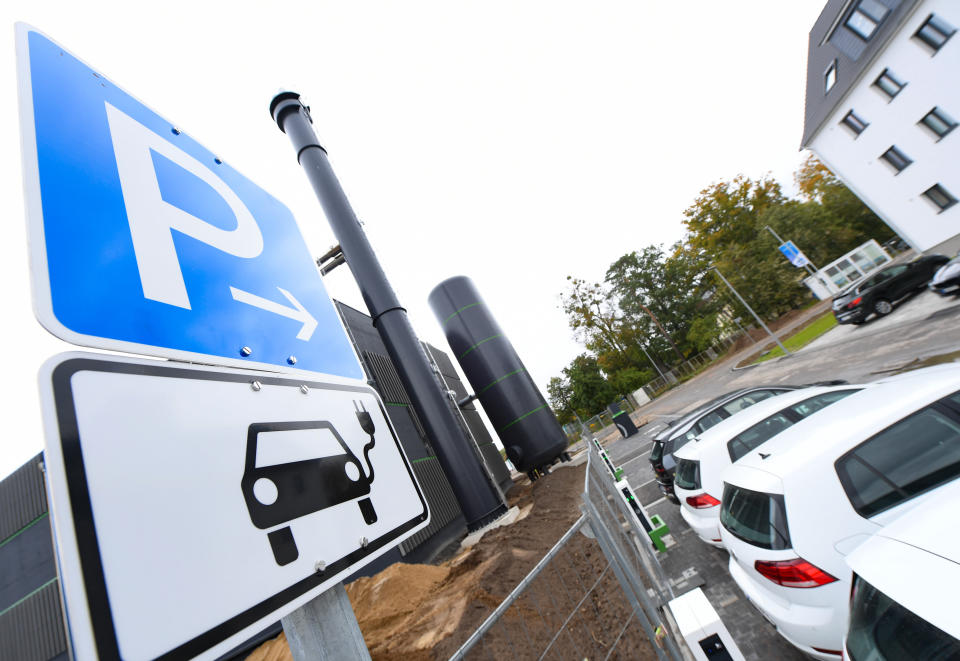Electric car sales rise in Germany despite fall in wider market

New car sales were on the slide in Germany in October, falling by around 3.6% year-on-year to 274,300 new registrations. Firms in particular shied away from ordering company cars in view of the potential economic impact of the second coronavirus wave.
Private buyers drove sales in October — and sales of electric and hybrid cars in particular, as they sought to take advantage of government subsidies on cleaner-energy vehicles. The Federal Motor Transport Authority reported on Wednesday that car registrations from private buyers rose by nearly 7% last month.
Fully-electric new cars accounted for 8.4% of new car registrations, in October. The 23,158 new BEV registrations was a 365% increase compared with the same month in 2019. Combined with hybrids, the share of non-fossil-fuel cars hit 17.5%, a new high.
READ MORE: Rebound in China boosts BMW to third-quarter profit
The Germany Automotive Industry Association (VDA) also released data today, showing that production at German car plants was 2% lower compared with October last year, and was down 17% in the first nine months of the year overall. While orders from abroad had ticked up, domestic orders weakened.
Germany’s big carmakers all reported a rosier picture in their third quarter. BMW (BMW.DE) said that it had had its best sales in its history in the last quarter, and Volkswagen (VOW3.DE) swung back to profit in the quarter, thanks to a recovery in the Chinese market, and some rebound in European sales.
READ MORE: Germany earmarks €2bn to help auto sector switch to clean mobility
In its business sentiment survey, the Ifo economic institute found that auto industry managers were feeling positive at the end of October, but not so optimistic about the months ahead.
The German government’s partial lockdown in November does not apply to car plants and dealerships, but will increase insecurity and put people off big ticket purchases like new cars.
WATCH: What does the future of electric vehicles look like?

 Yahoo Finance
Yahoo Finance 